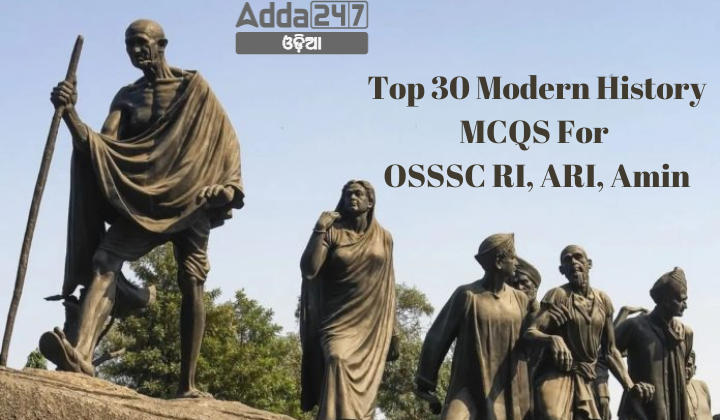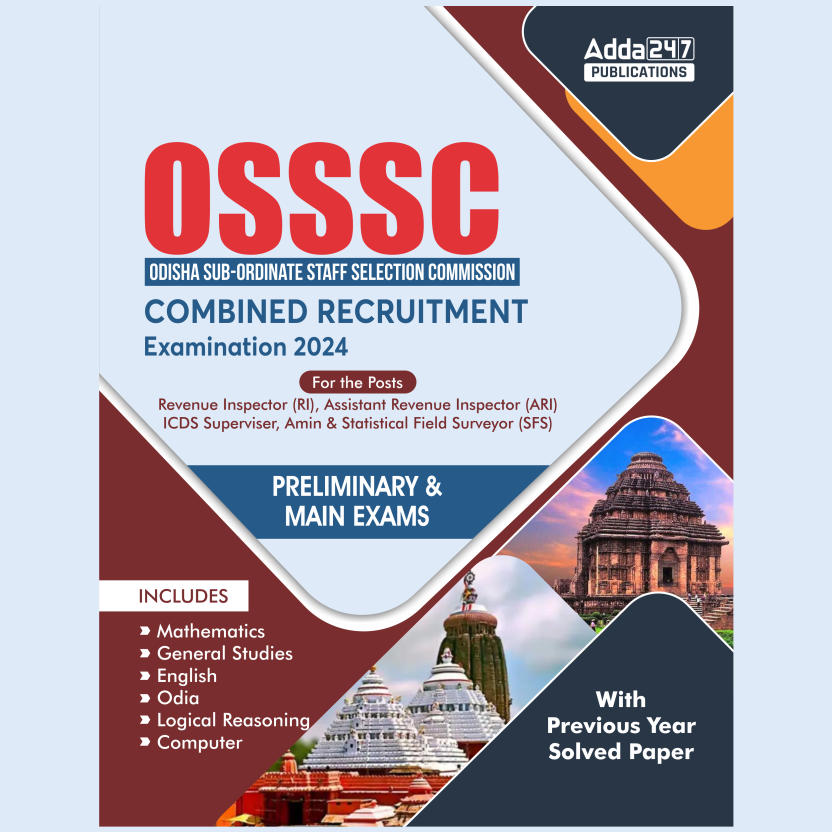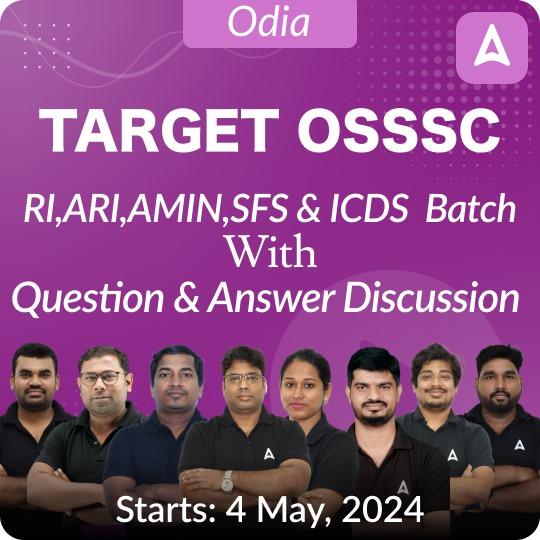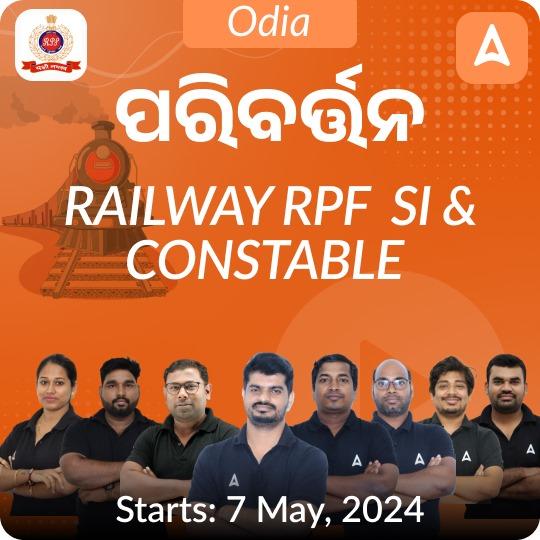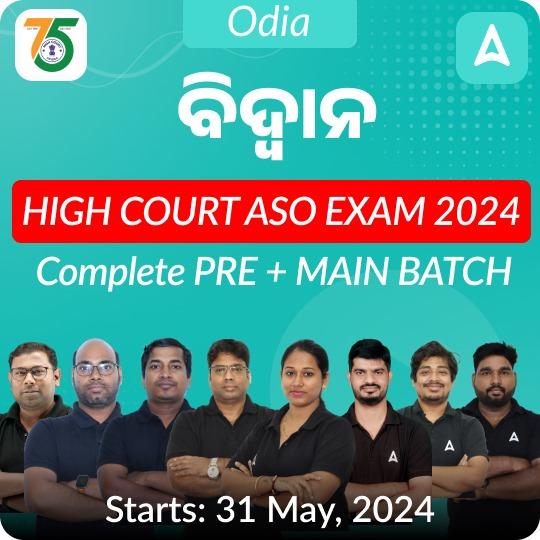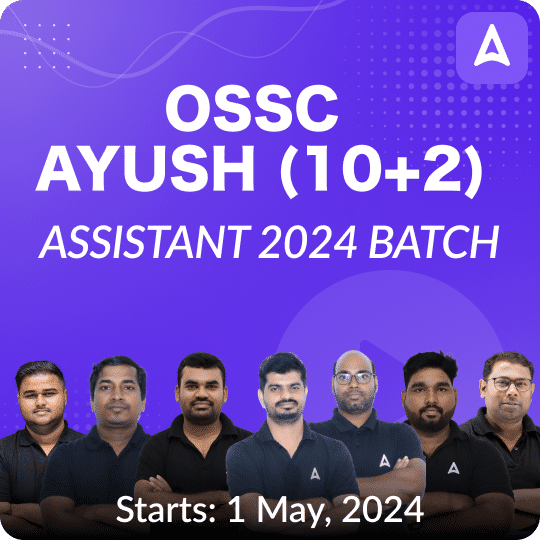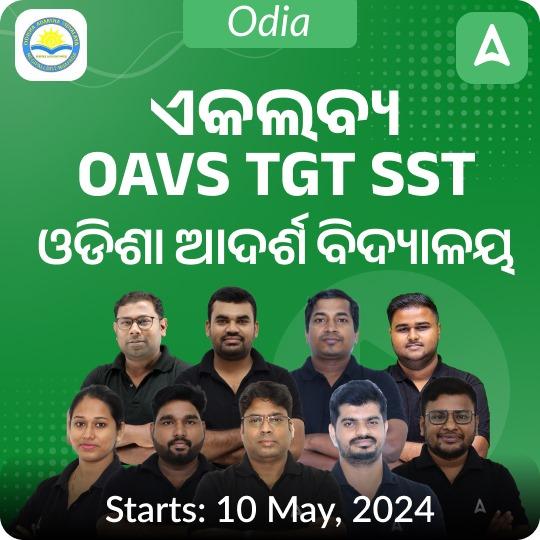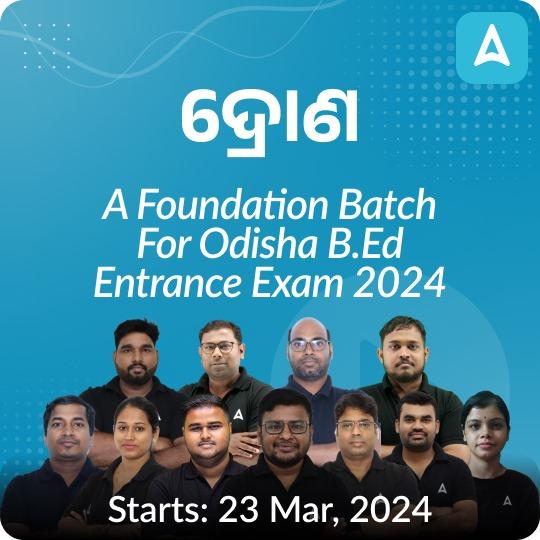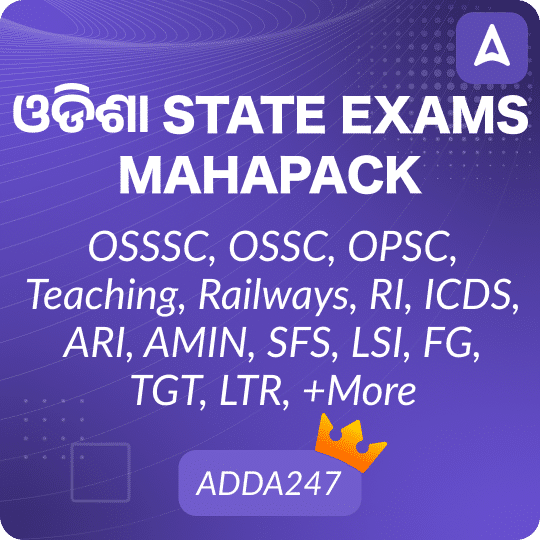Preparing for competitive exams such as OSSSC RI (Revenue Inspector), ARI (Assistant Revenue Inspector), Amin, SFS, or ICDS Supervisor often requires a strong grasp of historical events. Modern history, especially, forms a significant part of the syllabus, covering crucial periods and events that shaped the world as we know it today. To aid in your preparation, here are 30 multiple-choice questions (MCQs) focusing on modern history:
Top 30 Modern History MCQs for OSSSC RI,ARI, Amin, SFS, ICDS Supervisor
- What was the primary reason for the enactment of the Government of India Act 1858?
(a) Economic reforms
(b) Social reforms
(c) The Revolt of 1857
(d) Demand for independence
Ans: (c) The Revolt of 1857 - Which entity was dissolved as a result of the Government of India Act 1858?
(a) The Indian National Congress
(b) The East India Company
(c) The Board of Control
(d) The Supreme Court of India
Ans: (b) The East India Company - Who became the direct ruler of Indian territories as per the Government of India Act 1858?
(a) British Parliament
(b) The East India Company
(c) The British Queen
(d) The Indian Governor-General
Ans: (c) The British Queen - Who was the first Secretary of State for India under the Government of India Act 1858?
(a) Lord Canning
(b) Lord Stanley
(c) Lord Curzon
(d) Warren Hastings
Ans: (b) Lord Stanley - What did the Government of India Act 1858 abolish apart from the East India Company?
(a) The dual government established by Pitt’s India Act
(b) The Princely States
(c) The Indian National Congress
(d) The Civil Services
Ans: (a) The dual government established by Pitt’s India Act - Who was appointed as the first Viceroy of India under the Government of India Act 1858?
(a) Lord Curzon
(b) Lord Dalhousie
(c) Lord Canning
(d) Lord Wellesley
Ans: (c) Lord Canning - Which body replaced the Board of Control and the Court of Directors after the Government of India Act 1858?
(a) The Indian Parliament
(b) The British Parliament
(c) The Council of India
(d) The Secretary of State for India
Ans: (d) The Secretary of State for India - What was the primary role of the Secretary of State for India according to the Government of India Act 1858?
(a) To represent India in the British Parliament
(b) To govern the Indian territories
(c) To act as a liaison between the British government and Indian administration
(d) To oversee the financial matters of India
Ans: (c) To act as a liaison between the British government and Indian administration - Which important principle regarding Indian princes was established by the Government of India Act 1858?
(a) All Indian princes were to be dethroned
(b) Indian princes would retain their independence only if they accepted British suzerainty
(c) Indian princes could never be deposed
(d) Indian princes were required to pay tribute to the British Crown
Ans: (b) Indian princes would retain their independence only if they accepted British suzerainty - Which system of governance was abolished by the Government of India Act 1858?
(a) The Mughal administration
(b) The doctrine of lapse
(c) The Permanent Settlement
(d) The subsidiary alliance
Ans: (b) The doctrine of lapse - Which Governor-General introduced the portfolio system under the Indian Councils Act 1861?
(a) Lord Dalhousie
(b) Lord Canning
(c) Lord Ripon
(d) Lord Curzon
Ans. (b) Lord Canning - How many members were there in the Governor-General’s Council for executive functions after the Indian Councils Act 1861?
(a) Three
(b) Four
(c) Five
(d) Six
Ans. (c) Five - What was the role of the additional members nominated to the Governor-General’s Council under the Indian Councils Act 1861?
(a) To participate in military decisions
(b) To oversee financial matters
(c) To participate in legislative measures
(d) To manage religious affairs
Ans. (c) To participate in legislative measures - How many additional members could the Governor-General nominate to his council for legislative purposes under the Act?
(a) 4 to 8
(b) 6 to 12
(c) 8 to 14
(d) 10 to 16
Ans. (b) 6 to 12 - What was the minimum percentage of non-official members among the additional members nominated to the Governor-General’s Council?
(a) 25%
(b) 50%
(c) 75%
(d) 100%
Ans. (b) 50% - Which Indian ruler was NOT among the first three Indians nominated to the Council by Lord Canning in 1862?
(a) Raja of Benares
(b) Maharaja of Patiala
(c) Sir Dinkar Rao
(d) Tipu Sultan
Ans. (d) Tipu Sultan - Which type of bills could not be passed without the Governor-General’s assent according to the Indian Councils Act 1861?
(a) Education bills
(b) Public revenue or debt bills
(c) Agriculture bills
(d) Industrial bills
Ans. (b) Public revenue or debt bills - What power was given to the Governor-General in emergencies under the Indian Councils Act 1861?
(a) The power to dissolve the council
(b) The power to appoint new members
(c) The power to promulgate ordinances
(d) The power to impose taxes
Ans. (c) The power to promulgate ordinances - Which act had previously taken away the legislative powers of the Governor-in-Councils of the Presidencies of Madras and Bombay, which were restored by the Indian Councils Act 1861?
(a) Regulating Act of 1773
(b) Charter Act of 1813
(c) Charter Act of 1833
(d) Government of India Act 1858
Ans. (c) Charter Act of 1833 - In which province was the legislative council first formed under the provisions of the Indian Councils Act 1861?
(a) Bengal
(b) North-West Frontier Province
(c) Punjab
(d) Burma
Ans. (a) Bengal - The Indian Councils Act 1892 was introduced by:
(a) Lord Ripon
(b) Lord Curzon
(c) Richard Assheton Cross, 1st Viscount Cross
(d) Lord Dufferin
Ans: (c) Richard Assheton Cross, 1st Viscount Cross - The Indian Councils Act 1892 extended to:
(a) Princely States
(b) Territories under the British Crown
(c) Entire Indian Subcontinent
(d) Only Bengal and Bombay
Ans: (b) Territories under the British Crown - The Indian Councils Act 1892 received royal assent on:
(a) 20th June 1890
(b) 20th June 1892
(c) 3rd February 1893
(d) 15th August 1894
Ans: (b) 20th June 1892 - The commencement date of the Indian Councils Act 1892 was:
(a) 1st January 1893
(b) 10th April 1892
(c) 3rd February 1893
(d) 20th June 1892
Ans: (c) 3rd February 1893 - Which act repealed the Indian Councils Act 1892?
(a) Government of India Act 1909
(b) Government of India Act 1915
(c) Indian Independence Act 1947
(d) Montagu-Chelmsford Reforms
Ans: (b) Government of India Act 1915 - The Indian Councils Act 1892 increased the number of additional members in the Central Legislative Council to:
(a) 5 – 10 members
(b) 10 – 16 members
(c) 20 – 25 members
(d) 8 – 12 members
Ans: (b) 10 – 16 members - Which provision allowed members of the legislative councils to ask questions on the budget under the Indian Councils Act 1892?
(a) They could ask supplementary questions.
(b) They could ask questions without prior notice.
(c) They could ask questions with a notice period of 6 days.
(d) They could only submit written questions.
Ans: (c) They could ask questions with a notice period of 6 days. - The Indian Councils Act 1892 initiated the principle of representation through:
(a) Direct elections
(b) Nominations by the Viceroy
(c) Indirect elections by district boards, universities, municipalities, and chambers of commerce
(d) Recommendations by the British Parliament
Ans: (c) Indirect elections by district boards, universities, municipalities, and chambers of commerce - How many Indians were included in the Central Legislative Council after the Indian Councils Act 1892?
(a) 2
(b) 5
(c) 10
(d) 15
Ans: (b) 5 - What was the major criticism of the Indian Councils Act 1892?
(a) It did not include any Indian representation.
(b) It led to the abolition of legislative councils.
(c) It did not make significant changes for the common people.
(d) It gave too much power to Indian leaders.
Ans: (c) It did not make significant changes for the common people.

